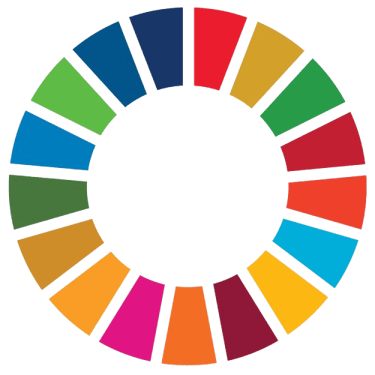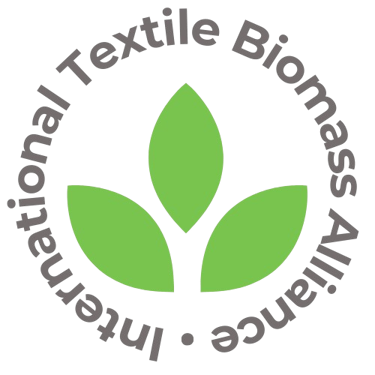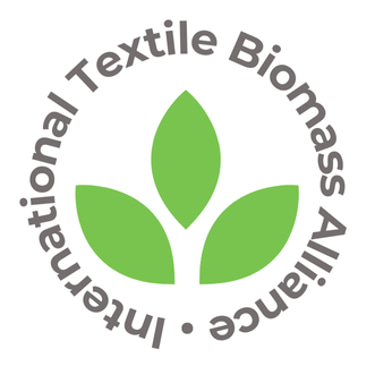Responsible Sourcing: A Strategic Imperative for the Fashion Industry
Through this article, we are delighted to present best practices for sustainable sourcing. We support you in this approach, which, beyond an ecological necessity, offers a number of profitable economic solutions.
5/14/20252 min read


Responsible Sourcing: A Strategic Lever for the Textile Industry
A Silent Revolution in Supply Chains
In a context where transparency and ethics are becoming cardinal values for consumers, responsible sourcing is emerging as an imperative for players in the textile industry. This approach, which consists of integrating social and environmental criteria into purchasing policies, now represents much more than a simple trend: it's a genuine lever for economic performance and market differentiation.
Multidimensional Challenges
Responsible sourcing in the textile sector addresses several major challenges:
Environmental: Reducing carbon footprint, conserving water resources (particularly crucial in an industry that consumes them massively), limiting chemical pollution, and preserving biodiversity.
Social: Respecting human rights and ensuring decent working conditions throughout the value chain, with particular attention to fair wages and worker safety.
Economic: Managing reputation-related risks, anticipating regulatory developments such as due diligence laws, and reducing long-term costs through process optimization.
Innovative Practices Transforming the Sector
Pioneers of responsible textiles are implementing various approaches to transform their supply chains:
Enhanced Traceability: Digital tools like blockchain now make it possible to track a garment's journey from raw material to consumer, thus ensuring total transparency.
Certifications as Benchmarks: Labels such as GOTS for organic cotton, Oeko-Tex for the absence of harmful substances, or Fair Wear Foundation for fair working conditions constitute credible guarantees for professional buyers.
Long-term Partnerships: Sustainable relationships with suppliers promote continuous improvement of practices and the implementation of joint responsible innovation projects.
Testimony from a Purchasing Director
"What was considered an additional cost ten years ago is now seen as an investment," explains Thomas Bernier, Purchasing Director at a major French textile group. "We find that our product lines from responsible sourcing not only generate better margins but also build loyalty among increasingly demanding customers."
Obstacles to Overcome
Despite this progress, challenges persist:
The Complexity of Supply Chains: Textiles often involve multiple subcontractors in different countries, making comprehensive control of practices difficult.
Initial Additional Cost: Investment in sustainable raw materials and ethical production conditions can be a barrier for some companies, despite the medium-term return on investment.
Lack of Standards Harmonization: The multiplicity of labels and certifications can create confusion for professional buyers.
Toward a Standardization of Responsible Practices
The recent European directive on due diligence, which will come into full force in 2026, will require textile companies to be more rigorous in their sourcing policies. This regulatory evolution, far from being perceived as a constraint by the most innovative players, is seen as an opportunity to accelerate the transition to a more sustainable model.
In conclusion, responsible sourcing is no longer an option but a strategic necessity for textile companies that wish to sustain their business. Beyond the commercial argument, an entire vision of fashion is being reinvented, placing ethics and sustainability at the heart of its priorities. Companies that know how to integrate these dimensions into their sourcing strategy will undeniably be tomorrow's leaders in a sector undergoing profound change.
ITBA - AIBT
If you have any questions, please do not hesitate to contact us.
FOLLOW US
Ressources
contact@itba-aibt.org
© 2025. All rights reserved.
Help




